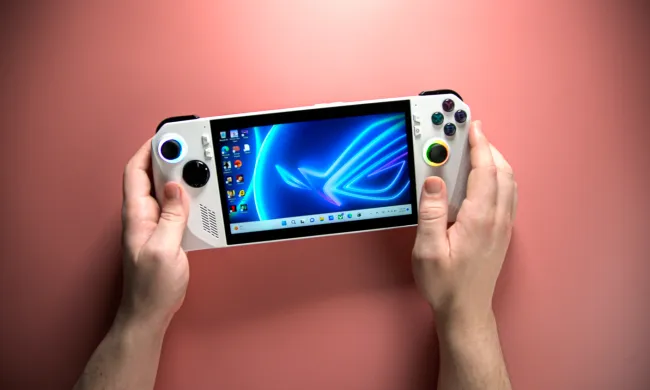
Microsoft is finally retiring WordPad, the venerable text editor that has been a staple in Windows operating systems since Windows 95. This decision comes as part of Microsoft’s ongoing efforts to refine its software lineup and focus on more advanced applications. It marks the end of a 28-year journey for WordPad.
As spotted by Tom’s Hardware, the recent Canary build of Windows 11 does not include WordPad as part of the default software package. Microsoft seems to be encouraging users to explore its more comprehensive Office suite, which includes applications like Microsoft Word for a more sophisticated word-processing experience. In Septemeber 2023, the company added the rich text application to its list of deprecated Windows features.
In a way, the removal of WordPad emphasizes Microsoft’s commitment to evolving its offerings in response to changing user needs. WordPad has long been recognized for its simplicity and ease of use. It has provided basic text-editing capabilities for users who require a lightweight alternative to more robust word processors. However, with the evolution of Microsoft’s Office suite and the availability of feature-rich alternatives, WordPad’s role has diminished over time.
This decision aligns with Microsoft’s broader strategy of delivering a streamlined and modern software lineup. It also signals a shift in focus toward providing users with advanced tools that cater to contemporary productivity demands. The retirement of WordPad has received mixed reactions from the user community. While some applaud the move as a necessary step toward a more cohesive and advanced software ecosystem, others express nostalgia for the familiar text editor that has been part of the Windows experience for nearly three decades.
The forthcoming Windows 11 Insider Preview Build 26020 is also said to eliminate Cortana to pave the way for Microsoft’s strategy of transforming Copilot AI into more than just an assistant.



